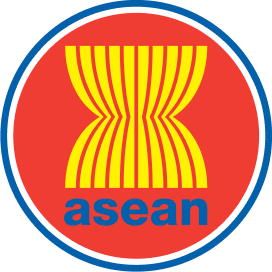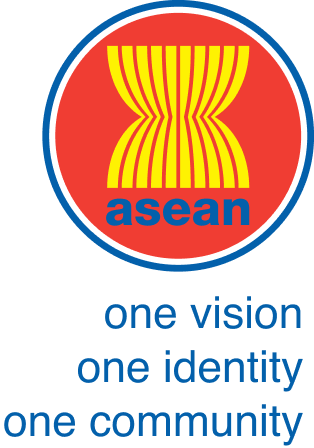Socio-Cultural Community
The ASEAN Socio-Cultural Community (ASCC) is dedicated to realising the full potential of ASEAN citizens.
At the heart of the ASCC is the commitment to lift the quality of life of ASEAN peoples through cooperative initiatives that are people-oriented and people-centred. The ASCC opens a world of opportunities to collectively deliver and fully realise human development, promote sustainable development, foster an ASEAN identity through inter-cultural understanding and mutual respect, and prepare ASEAN community to face new and emerging challenges in the future.
The ASCC is working towards:
- A committed, participative, and socially responsible community for the benefit of ASEAN people
- An inclusive community that promotes high quality of life, equitable access to opportunities for all, and promotes and protects human rights.
- A sustainable community that promotes social development and environmental protection
- A resilient community with enhanced capacity and capability to adapt and respond to social and economic vulnerabilities, disasters, climate change, and other new challenges, and
- A dynamic and harmonious community that is aware and proud of its identity, culture and heritage.
To achieve this, Member States are cooperating on a wide range of areas, including: Culture and Arts, Information and Media, Education, Youth, Sports, Social Welfare and Development, Gender, Rights of Women and Children, Rural Development and Poverty Eradication, Labour, Civil Service, Environment, Haze, Disaster Management and Humanitarian Assistance and Health.
The ASCC has made significant progress in fostering an inclusive and people-centred recovery, as well as in building future resilience and sustainable development in the region. Adopted by the ASEAN Leaders at the 27th ASEAN Summit on 22 November 2015 in Kuala Lumpur, Malaysia, the ASCC Blueprint 2025 is ASEAN’s roadmap towards realising an inclusive, sustainable, resilient, and dynamic ASEAN Community that engages and benefits the people. The ASCC plays a vital role in fostering regional cooperation and integration across various social and cultural sectors. To achieve this, the ASCC has a comprehensive network of sectoral bodies, each with its own mechanism to drive progress.
Despite uncertainties and challenges posed by the COVID-19 outbreak, the ASCC forges ahead in its efforts to identify opportunities for revitalisation of the ASEAN region, harness new paradigms of socio-cultural cooperation and partnerships, and fulfil aspirations to ensure an inclusive and bright future for the peoples of ASEAN.
The ASEAN Socio-Cultural Community (ASCC) Analysis focuses on research and development related to socio-cultural issues across the ASEAN region on topics such as education, healthcare, poverty alleviation, gender equality, cultural preservation, and public health emergencies. By analysing emerging trends, challenges, and opportunities within the socio-cultural pillar, facilitating dialogue, workshops, and conferences where experts can share best practices, innovative solutions, and lessons learned in addressing socio-cultural issues, AAD aims to to support evidence-based policy making among ASEAN Member States.
The ASEAN Socio-Cultural Community or the Peoples’ Pillar, plays a pivotal role in promoting regional development in various aspects of socio-cultural well-being. However, one of the significant challenges faced by ASCC is the difficulty in quantifying its gains and impacts as the ASEAN Socio-Cultural Community deals with a multitude of issues.
In an era characterised by the rapid exchange of information and the dynamic nature of global development, having easily accessible data and information is paramount. The complexity of the ASCC’s goals and the diversity of issues it addresses have resulted in data and information being scattered across various sources. This situation poses a significant obstacle to policymakers, researchers, and stakeholders who seek accessible and consolidated information to inform decision-making and track progress within the socio-cultural sphere.
It is within this context that the ASCC Knowledge Hub is born, designed to provide timely and relevant social-cultural data, insights and knowledge products in a format that is visually appealing and easily understandable by various stakeholders including policy makers, academics and the general public. This platform is developed in partnership with the Government of Canada.









